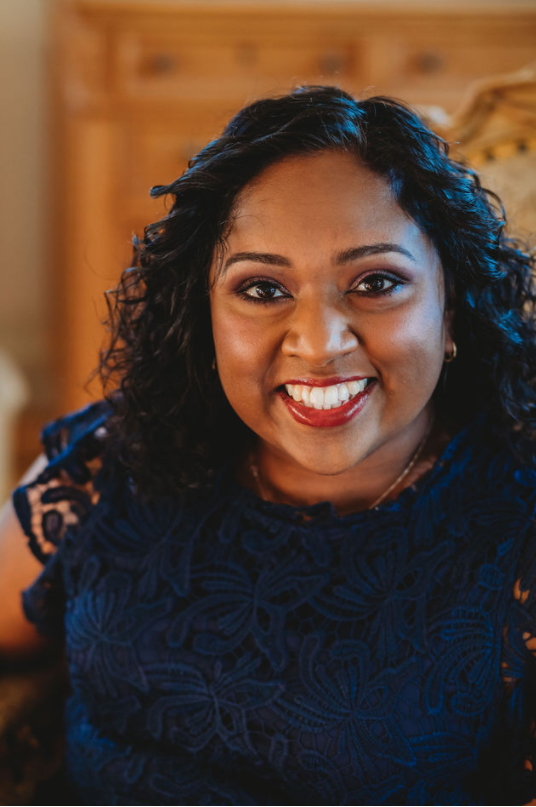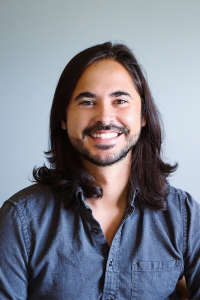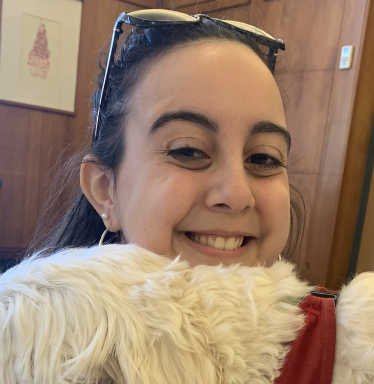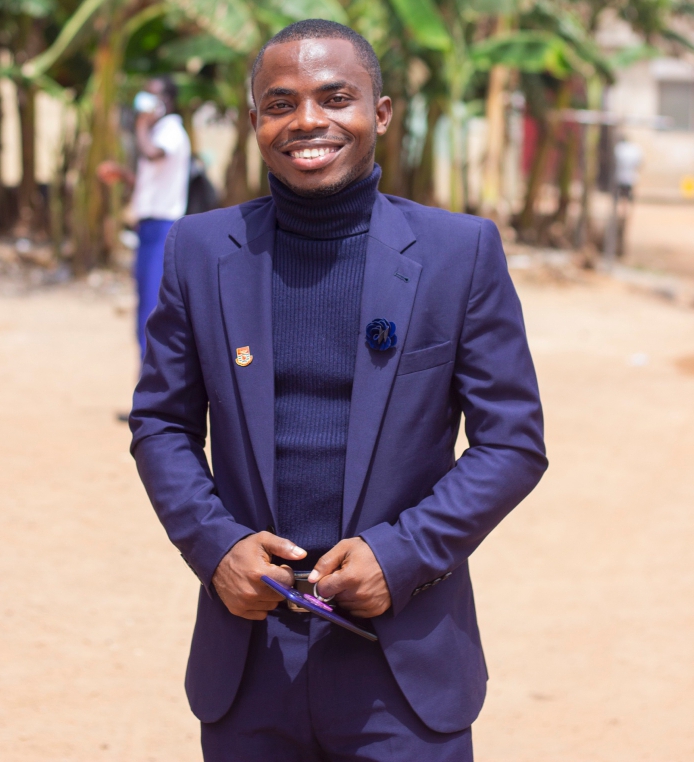
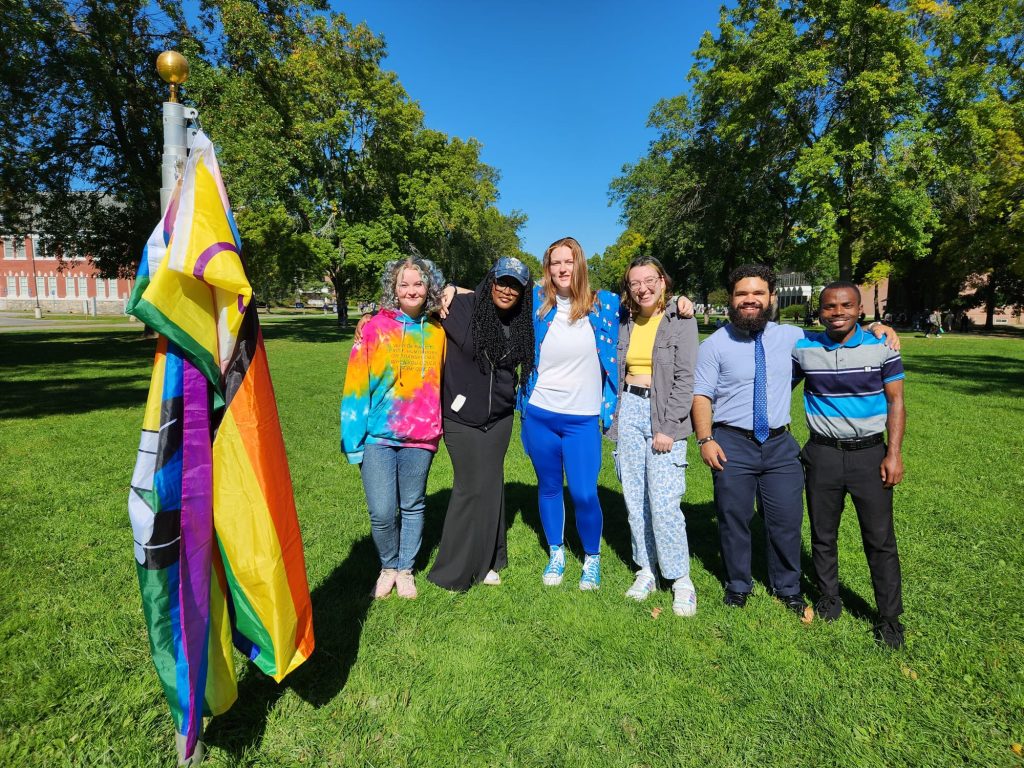
The Office for Diversity and Inclusion serves as a vital and integral resource for students and employees in the areas of equity, inclusion, and diversity. The office is dedicated to:
Supporting University of Maine students from historically underrepresented identities, including but not limited to sexuality, race, gender identity, spirituality, ethnicity, ability, religion, nationality, socio-economic status, and others.
Providing awareness and education to the entire university community around issues of equity, diversity, inclusion, and privilege.
ODI Centers
Stay Connected with the ODI Newsletter
ODI Training Sessions
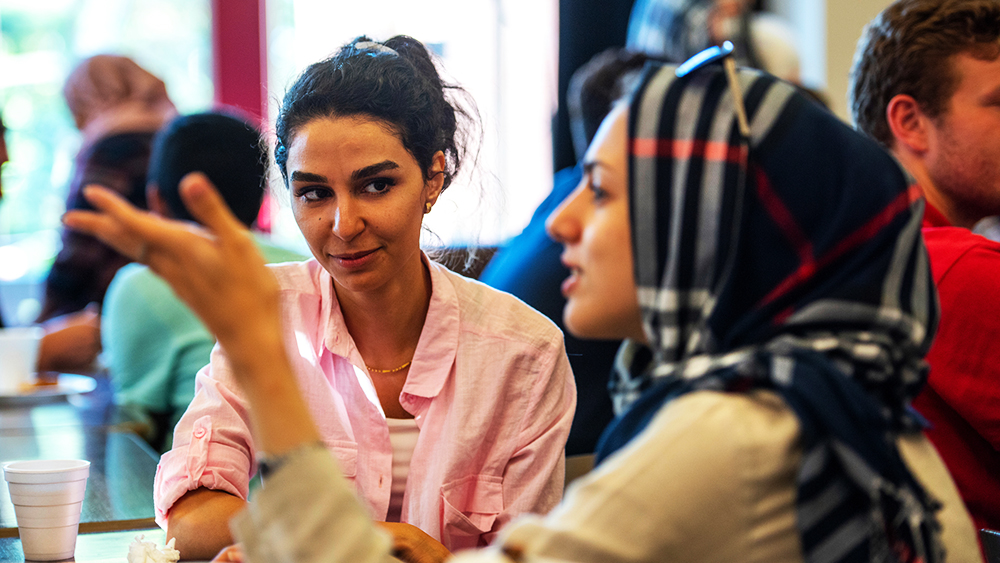
Intro to Diversity, Equity, and Inclusion
Over the last couple of years, we have seen an increase in DEI committees, initiatives, mission statements, and other commitments to creating equity. During this session, we are going to explore the basic definitions of diversity, equity, and inclusion. The facilitator hopes to explore diverse identities and what they mean to us. We will focus on developing skills that will help us be effective communicators.
This presentation can be facilitated in person and/or via Zoom.
The training sessions take approximately 2 hours.
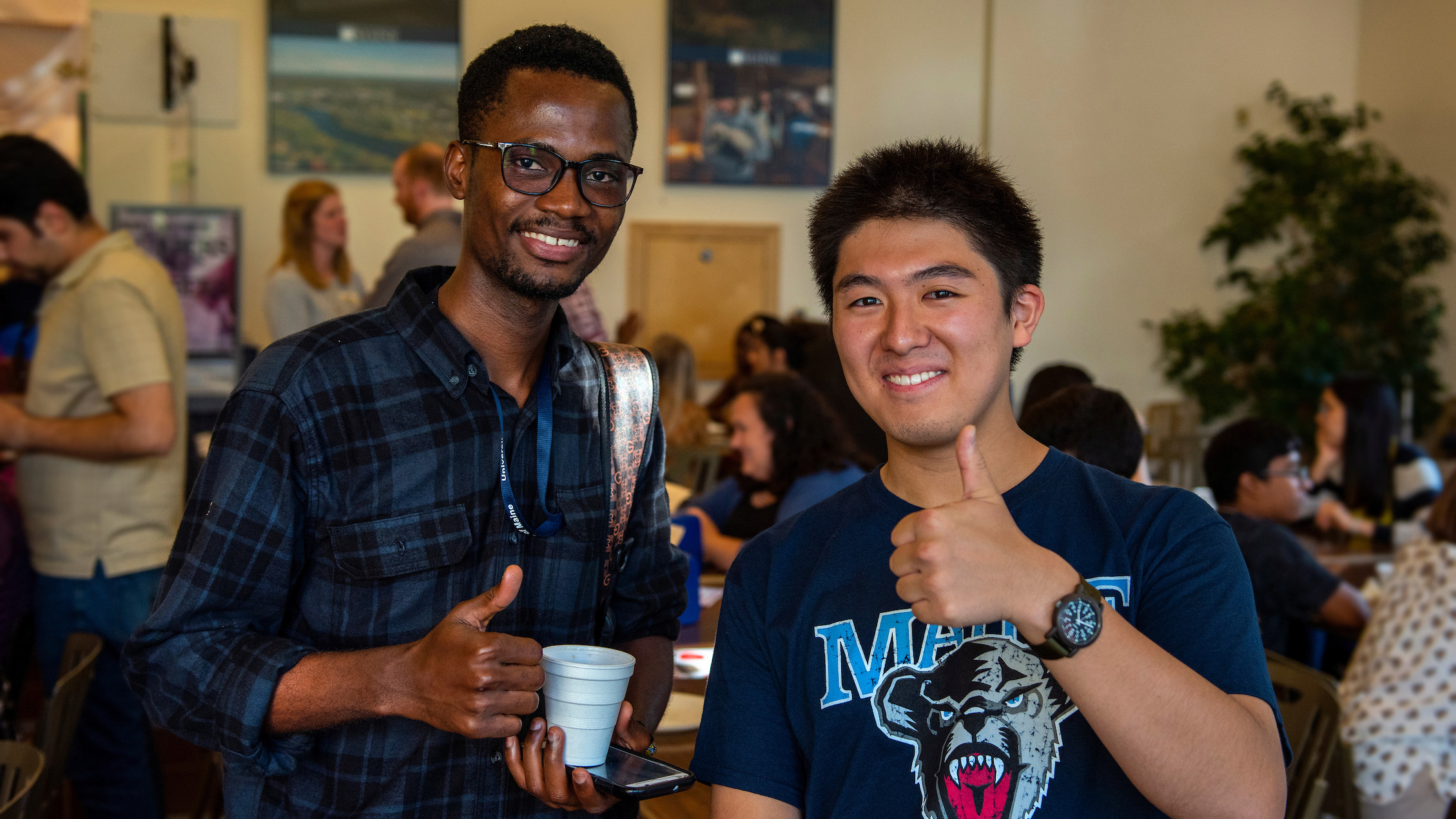
Transforming Self for Racial Equity
Participants are led in guided discussions to analyze race in America. The facilitator hopes to use the time to help ask questions and explore possible responses together. Together we will develop skills to engage in conversations around race. We will explore implicit bias, microaggressions, and their impacts on our communities. By addressing these important topics, we hope to create a sense of belonging for all.
This training is offered by request and can be done in person and/or via Zoom.
The training takes approximately 2.5 hours.
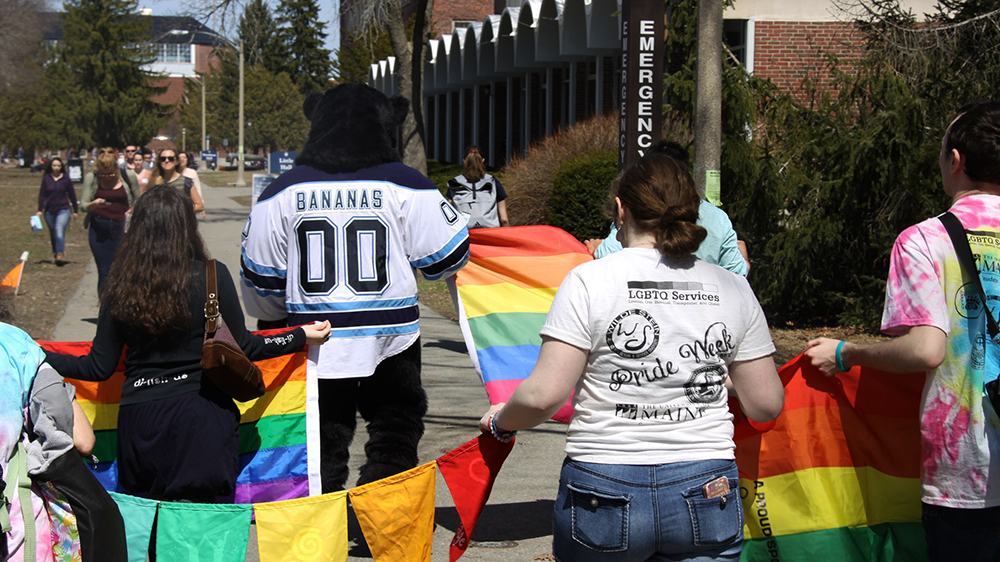
Safe Zone Training
We welcome you to participate in this introduction to Safe Zone 101. During this session, we will define terminology to help understand the experiences of LGBTQ+ individuals and communities. And together, we hope to learn definitions, understand pronouns, and find ways to be effective and supportive allies.
This training session takes approximately 1.5 hours.
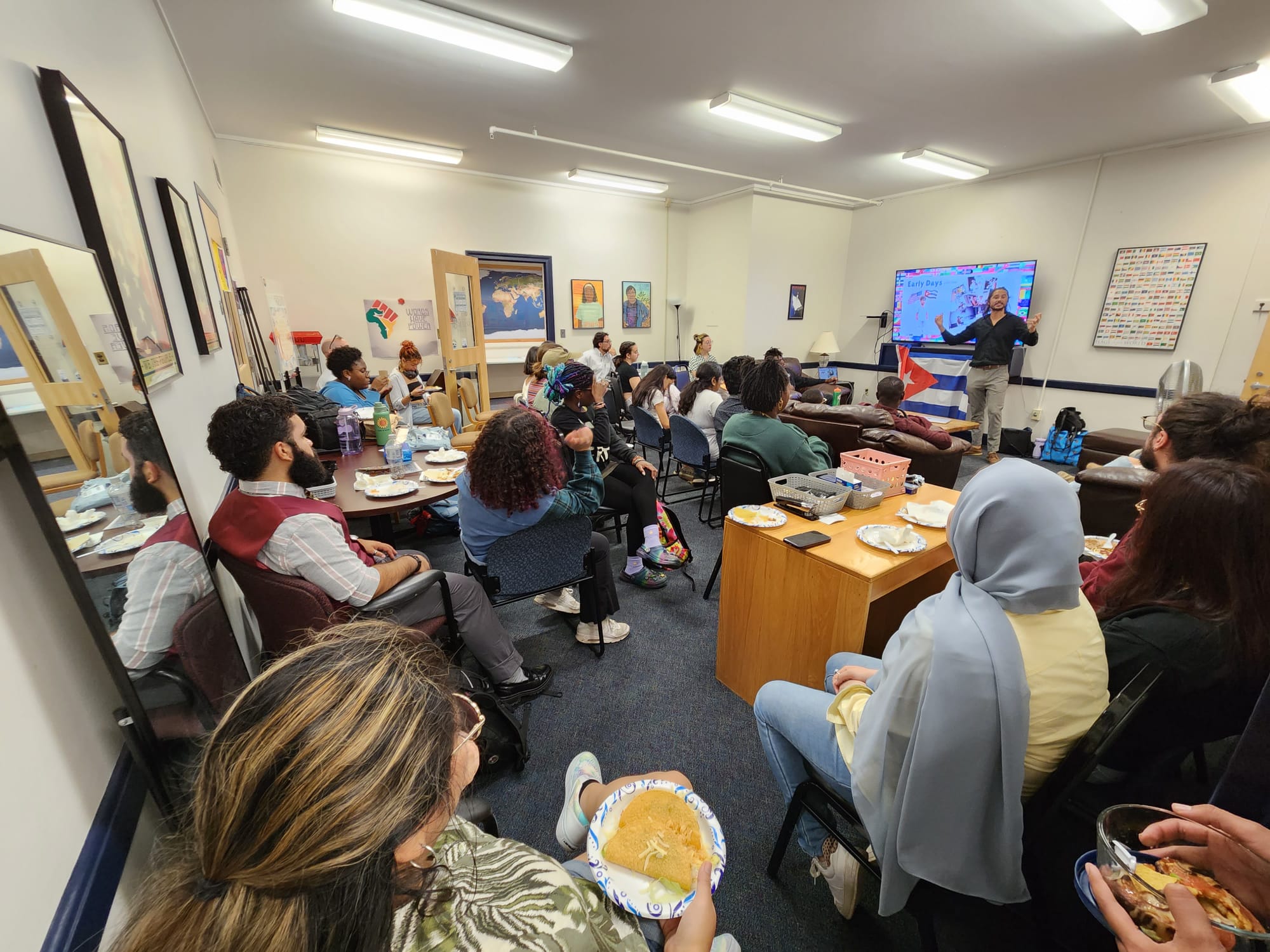
Response Language as a Professional Competency
There many folx right here in our community who are harmed by words, actions, and situations on a daily basis. Now that we know it exists, there are things that we can do to mitigate these impacts. There are ways that we can mitigate those harms by knowing how to prevent, interrupt, and respond to microaggressions and biases.
This training session takes approximately 1.5 hours.
Resources
Past Newsletters
What is a bias incident?
A bias incident is conduct that discriminates, stereotypes, excludes, harasses or harms anyone in our community based on their identity (such as race, color, ethnicity, national origin, sex, gender identity or expression, sexual orientation, disability, age, or religion). Bias may stem from fear, misunderstanding, hatred or stereotypes. It may be intentional or unintentional.
Why report a bias incident?
The University is committed to ensuring that students, faculty and staff can live, work and study in an environment free of bias, however we need your help. To address incidents of bias we need to know about them. Reporting an incident will lead to outreach to those directly impacted and assist the University leadership in understanding the nature and occurrences of bias incidents. This will help us to prevent bias incidents in the future.
How do I report a bias incident?
The University is committed to ensuring that students, faculty and staff can report incidents of bias in a confidential setting and without fear of retaliation. You can report an incidence of bias using the on-line reporting form. You can also call 207-581-1406. Your report can be anonymous or you can share your name and contact information. You can also report a bias incident to the Office of International Programs and we will help you to file a report.
To report an emergency or if you are reporting an incident that poses an imminent risk of harm to a person(s) or property call 911/Police before completing this form.
What happens after I report a bias incident?
If you provide your contact information the Deputy Title IX Coordinator and the Director of the Office of Multicultural Student Life will conduct an initial meeting with you, inform you of your options, explain possible University responses, maintain ongoing contact with you as appropriate, and will convene the Bias Response Team to address any larger issues as necessary. The Bias Response Team is made up of staff members from various offices on campus, including the Office of International Programs.
For more information please visit the Office of Student Life’s Bias Response Team website.
Office of Student Records
Official Name Changes, Preferred Chosen Name, Change of Legal Sec, etc.
Learn, Support, Listen and Donate.
UMaine’s LGBTQ+ Black Bears: our.umaine.edu/wildestein
Maine Trans Net www.mainetransnet.org
Health Equity Alliance www.mainehealthequity.org
Equality Maine www.equalitymaine.org
SAGE Maine www.sagemaine.org
Out Maine www.outmaine.org
Support Groups
Out Maine Youth Programs www.outmaine.org/programs/youth/
Out Maine Parents Group www.outmaine.org/programs/parents/
Maine Trans Net Online Support Groups https://www.mainetrans.net/online
Health Equity Alliance LGBTQ+ Youth Group www.mainehealthequity.org/youth-group
Transgender and Gender Expansive Resources
Human Rights Campaign Transgender Resources www.hrc.org/resources/topic/transgender
GLAAD Transgender Resource Guide www.glaad.org/transgender/resources
GLAAD Transgender Glossary of Terms www.glaad.org/reference/transgender
Transgender Visibility Guide www.hrc.org/resources/transgender-visibility-guide
National Center for Transgender Equality www.transequality.org
Gender Spectrum www.GenderSpectrum.org
For Youth
Trevor Project www.thetrevorproject.com
It Gets Better Project www.itgetsbetter.org
GLAAD www.glaad.org
For Parents, Caregivers, and Allies
PFLAG www.pflag.org
It Gets Better Project www.itgetsbetter.org
GLAAD www.glaad.org
GLSEN www.glsen.org
TransYouth Family Allies www.imatyfa.org

